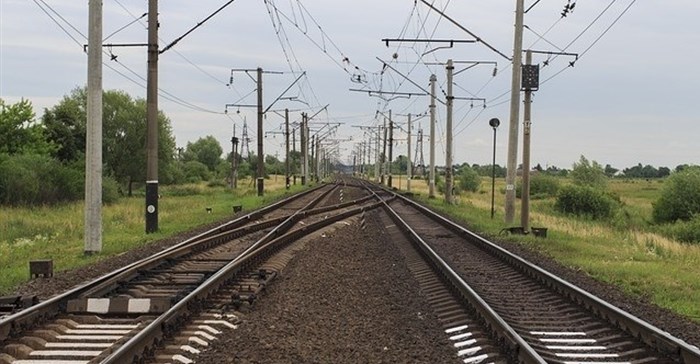The Railway Safety Regulator says it has received 80%-90% of the reports it needs on the testing of the Passenger Rail Agency of SA's (Prasa's) controversial Spanish locomotives, with the regulator's final report expected within the next two weeks.
The Afro4000 locomotives have been at the centre of a storm and precipitated the departure of Prasa CEO Lucky Montana. Initial reports were that the locomotives, which are meant to power Prasa's long-distance Shosholoza Meyl service, were of incorrect height and could damage overhead electrical cables on the country's rail lines.
In August, Prasa dismissed its head engineer on the locomotive project, Daniel Mtimkulu, after allegations that he had lied about his qualifications.
Regulator not included in process
Railway Safety Regulator CEO Nkululeko Poya said that Prasa had failed to include the regulator in the process of procuring the locomotives from the beginning, as per industry and engineering standards, hence the delays in the certification by the regulator. Prasa was meant to have completed six months of testing the locomotives by the end of August after having been granted a "no objection" go-ahead by the regulator to test the locomotives under operational conditions.
After this period, the regulator would have 30 days to look at the report and decide whether the testing needed to be extended or if the locomotives could safely operate commercially. Poya said some test reports were still outstanding. Once Prasa had submitted them, the regulator would give its determination, he said.
Favouratism and flouting of policies
The locomotives were procured from Spanish manufacturer Vossloh Espana through a South African consortium, Swifambo Rail Leasing.
Business Day earlier reported that inadequate foreign currency hedging in the procurement contract could have forced Prasa to pay almost R5bn instead of R3.5bn for the 70 locomotives. There were also reports of Prasa flouting its procurement policies and contractual stipulations to favour Swifambo. The contract to acquire the locomotives is separate from the R51bn contract Prasa awarded to the Gibela empowerment consortium, of which Alstom is the largest shareholder, to deliver 600 Alstom trains for Prasa's commuter rail fleet renewal programme.
While the regulator was not apprised of the Afro4000 acquisition process from the onset, it had been involved in the Gibela project from the design stage and its engineers were in Brazil where the first trains were being built.
Waiting for results
Poya said the regulator could not "drag" operators "kicking and screaming" to include the regulator in the process of feasibility, design and manufacturing. But including it reduced the risk of it declining to grant an operator a permit to operate rolling stock.
He would not give details of what was outstanding and would not be drawn on the reports received to date. The final report could be released in two weeks. Other assessments that were "network-related" and not rolling stock-related could take 6-12 months, he said.
Prasa spokesman Sipho Sithole said the agency intended to communicate the results of the testing once the process had been completed. It had completed testing and commissioning and submitted the report to the regulator, he said.
Source: Business Day











































